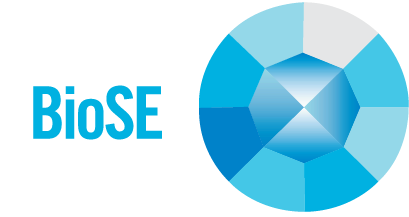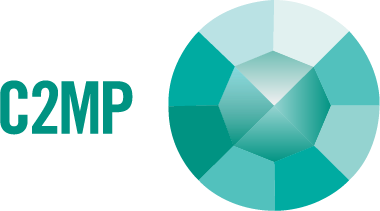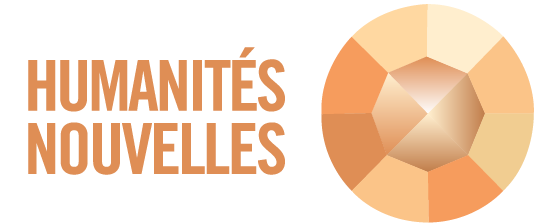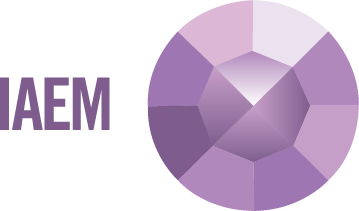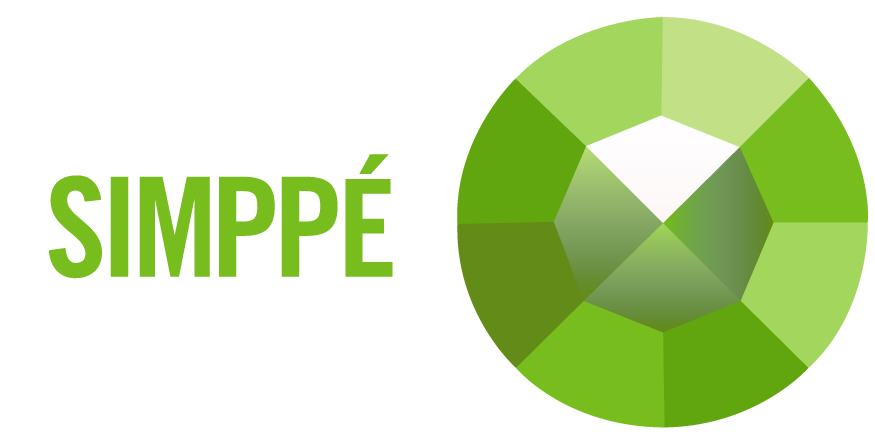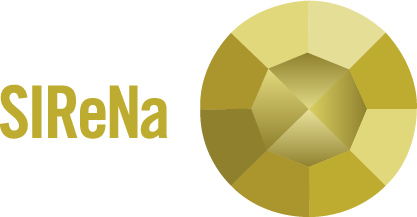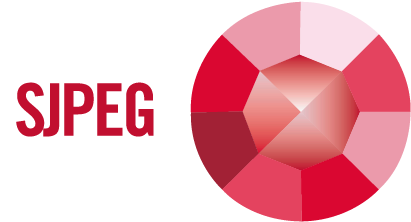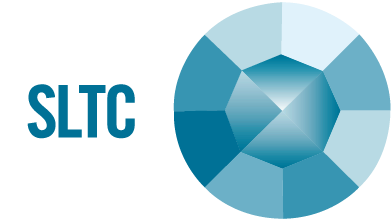PhD key steps
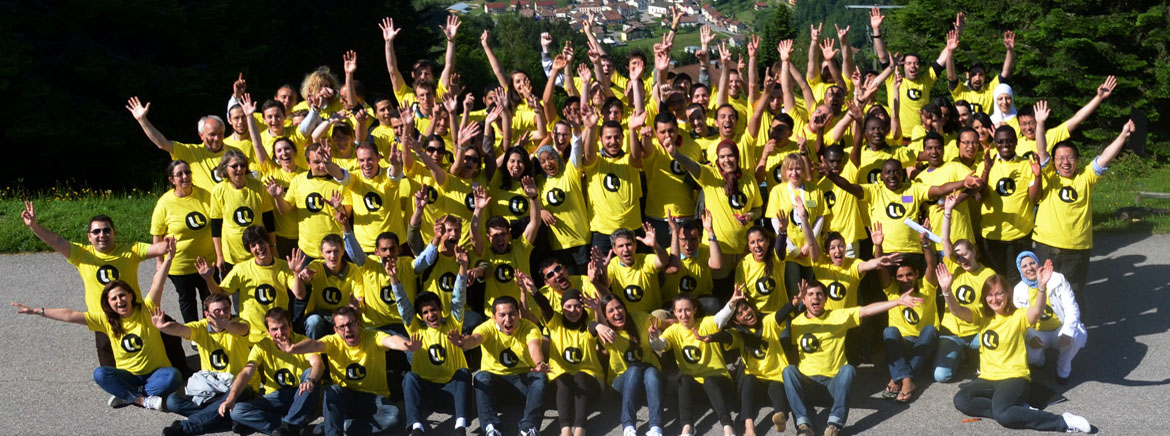
Training
Training
Doctoral training @UL aims to provide doctoral students with skills that are useful for their work as young researchers and for the pursuit of their careers, both within and outside the academic sector.
Doctoral students will have to validate during their studies at least 30 credits obtained by valuing practical activities or by following specific training divided into a system of three parts, themselves subdivided into several sections.
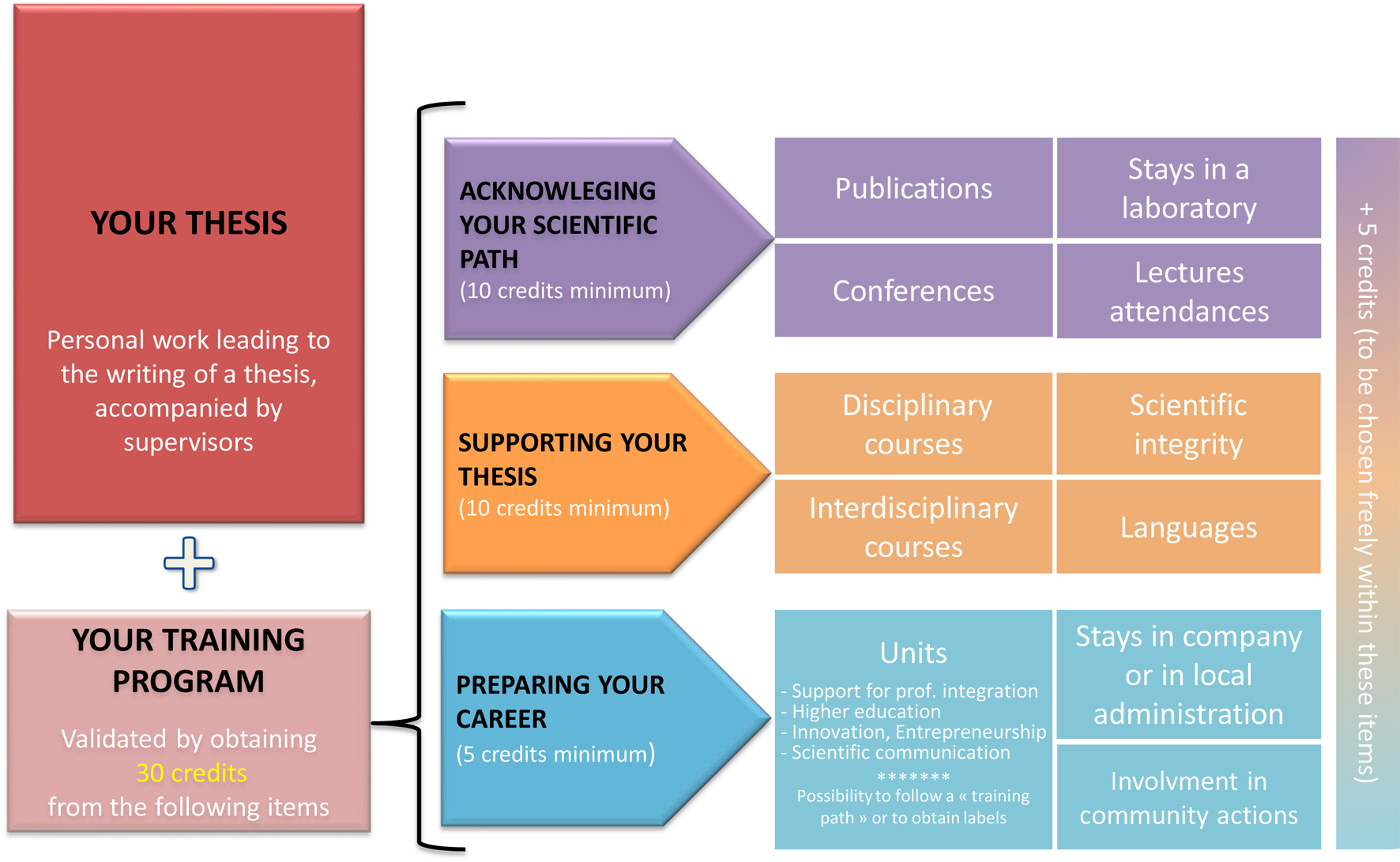
This system should serve as a framework for the doctoral student to establish the individual training agreement.
To find out the details of your training, click on your doctoral school:
- Manage your training courses
-
Management of your training courses is carried out on your ADUM personal area.
You can:- access the training catalogue
- enroll in training courses
- download your end-of-training certificate
- update your portfolio throughout your doctoral studies (see below)
- The individual training agreement (Convention Individuelle de Formation)
-
Provided for by the Order of 25 May 2016, it specifies conditions for reception of PhD students and carrying out of thesis work. Among other things, it enables definition of individual training pathway based on the skills the PhD student needs to acquire, both for smooth progress of thesis work and preparation of their post-thesis project. Updated on the ADUM platform throughout the PhD course, it is an evolving document and must be reviewed with each re-enrollment.
- The portfolio
-
Also provided for by the Order of 25 May 2016, this is a tool that enables PhD students to record the skills acquired through training and practice. The information included in the portfolio can be used to demonstrate progress in the researcher’s professional project, at the Thesis Monitoring Committee meeting for example, and as an argument when making an application. The portfolio also needs to be kept up to date on the ADUM platform.
- Ethics, deontology and scientific integrity
-
The fields of ethics, deontology and scientific integrity have to be distinguished from one the other, even though they all aim at targeting scientific excellency.
A note explains how to make the distinction.



